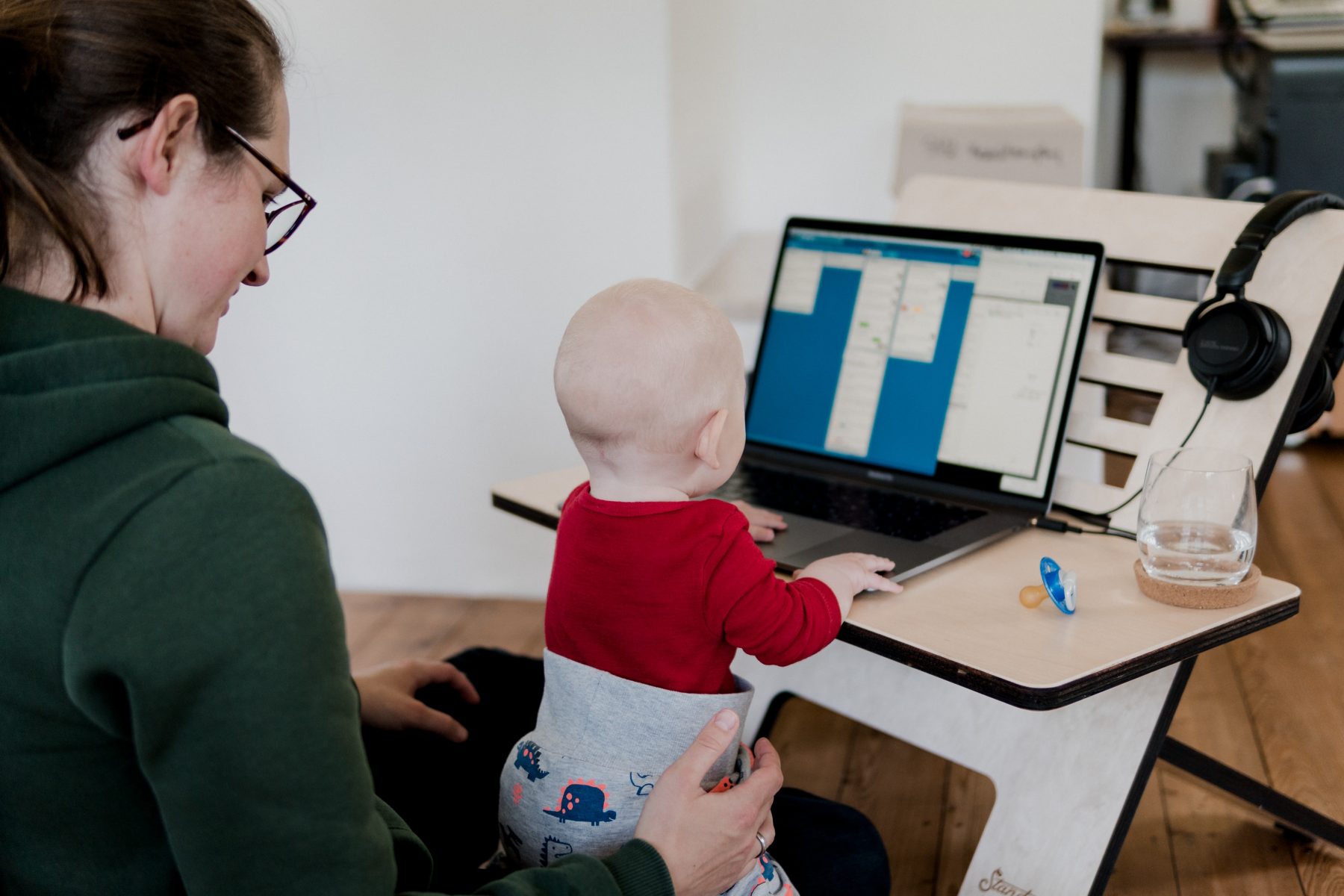Chief Executive Women back call to make ECEC a more prominent Budget consideration

For Australia to recover from the COVID-19 pandemic, more investment is needed in female workforce participation, and that starts with making early childhood education and care (ECEC) more affordable, Chief Executive Women (CEW) has said.
In a post Budget statement released by the group, CEW commended the Federal Government for delivering substantial support to businesses during the COVID-19 crisis and in its Budget response, welcoming “the significant investment in a business led recovery to deliver productivity and job growth in the coming years”.
The Women’s Economic Security Statement, which includes investment to support more women and girls into STEM careers, in women’s leadership, and the establishment of the Respect@Work Council to address sexual harassment were also welcomed, however, CEW President, Sue Morphet, said “more needs to be done”.
Australia’s economic recovery “must prioritise investment in the infrastructure needed to increase women’s workforce participation (particularly full time), prosperity and job creation,” Ms Morphet said, calling for “ a gender lens” to be used to shape the Budget.
“Increasing female full-time workforce participation is one of Australia’s biggest economic opportunities, and making early childhood education and care more affordable is one of the most effective policy levers to do that. This was a missed opportunity in the Budget,” she added.
“Today, too many women face powerful financial disincentives to increase their hours or days of work. An unintended consequence of the current Child Care Subsidy is that while primary carers are supported in taking up part time work, they face financial barriers to working full time,” Ms Morphet said.
Right now in Australia, she continued, the country needs everyone who is offered a job or a shift to be able to take it.
“We cannot afford to leave talented, capable and experienced women on the sidelines.”
“Investment in affordable childcare puts more discretionary spending power into household budgets, particularly lower income households. We know these families will spend in the sectors that need it most – retail, hospitality, entertainment and tourism,” she added.
In order to provide the “boost” needed, CEW have been advocating for the Federal Government to modify the current Child Care Subsidy, which would deliver a $5.4 billion boost to GDP, according to recent KPMG research.
Popular

Practice
Provider
Quality
Research
Workforce
New activity booklet supports everyday conversations to keep children safe
2025-07-10 09:00:16
by Fiona Alston

Quality
Practice
Provider
Research
Workforce
Honouring the quiet magic of early childhood
2025-07-11 09:15:00
by Fiona Alston

Quality
Practice
Provider
Workforce
Reclaiming Joy: Why connection, curiosity and care still matter in early childhood education
2025-07-09 10:00:07
by Fiona Alston













